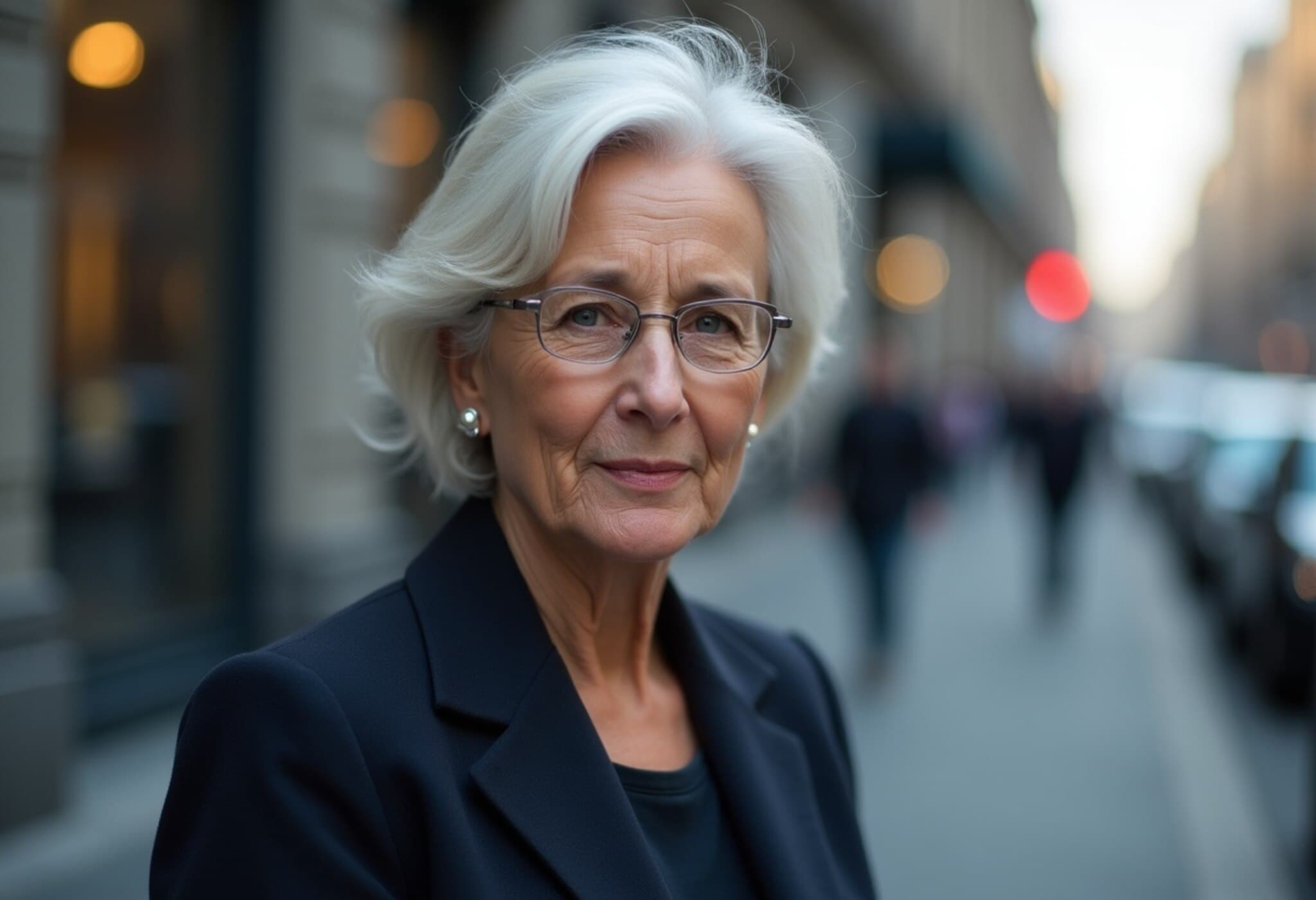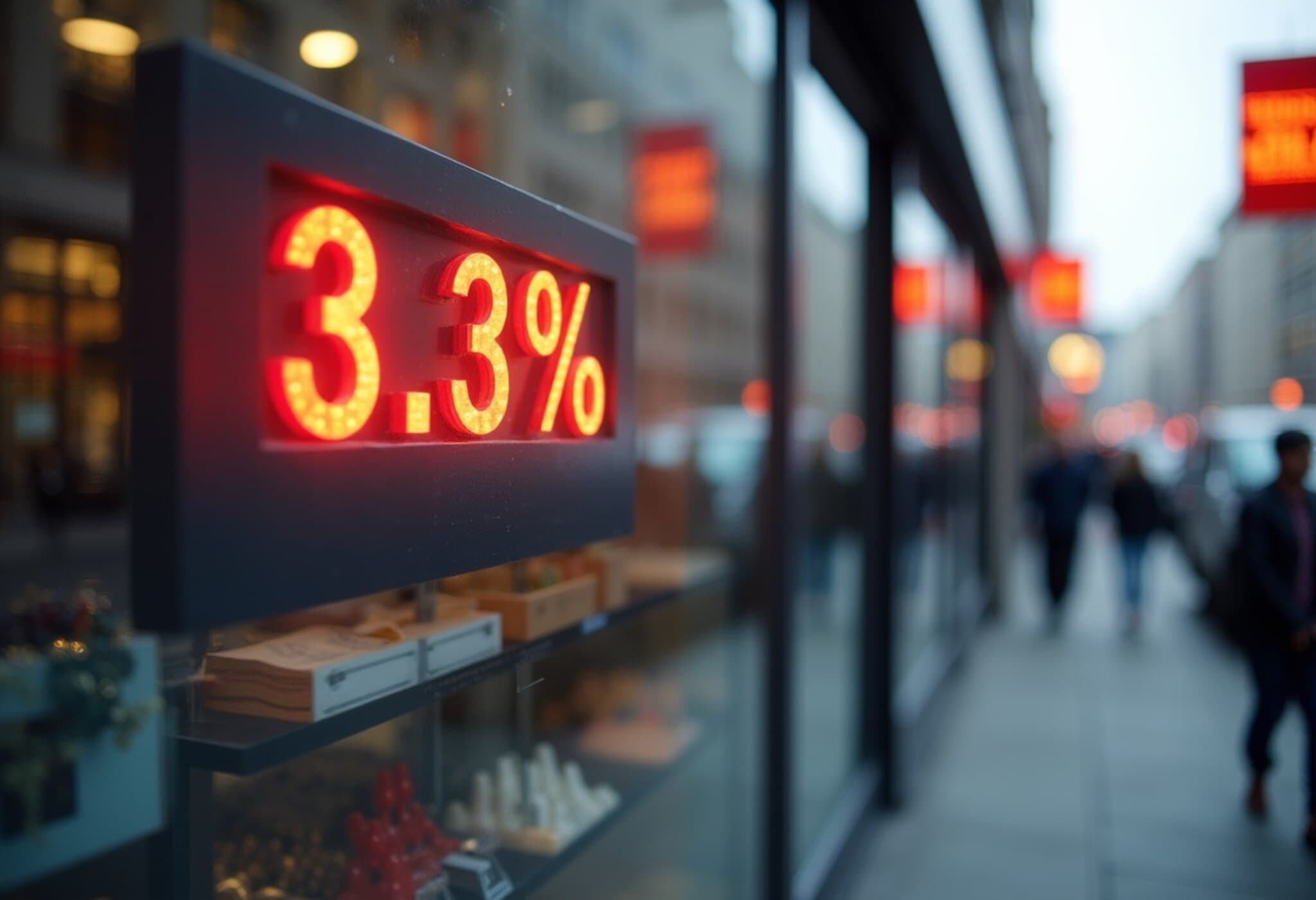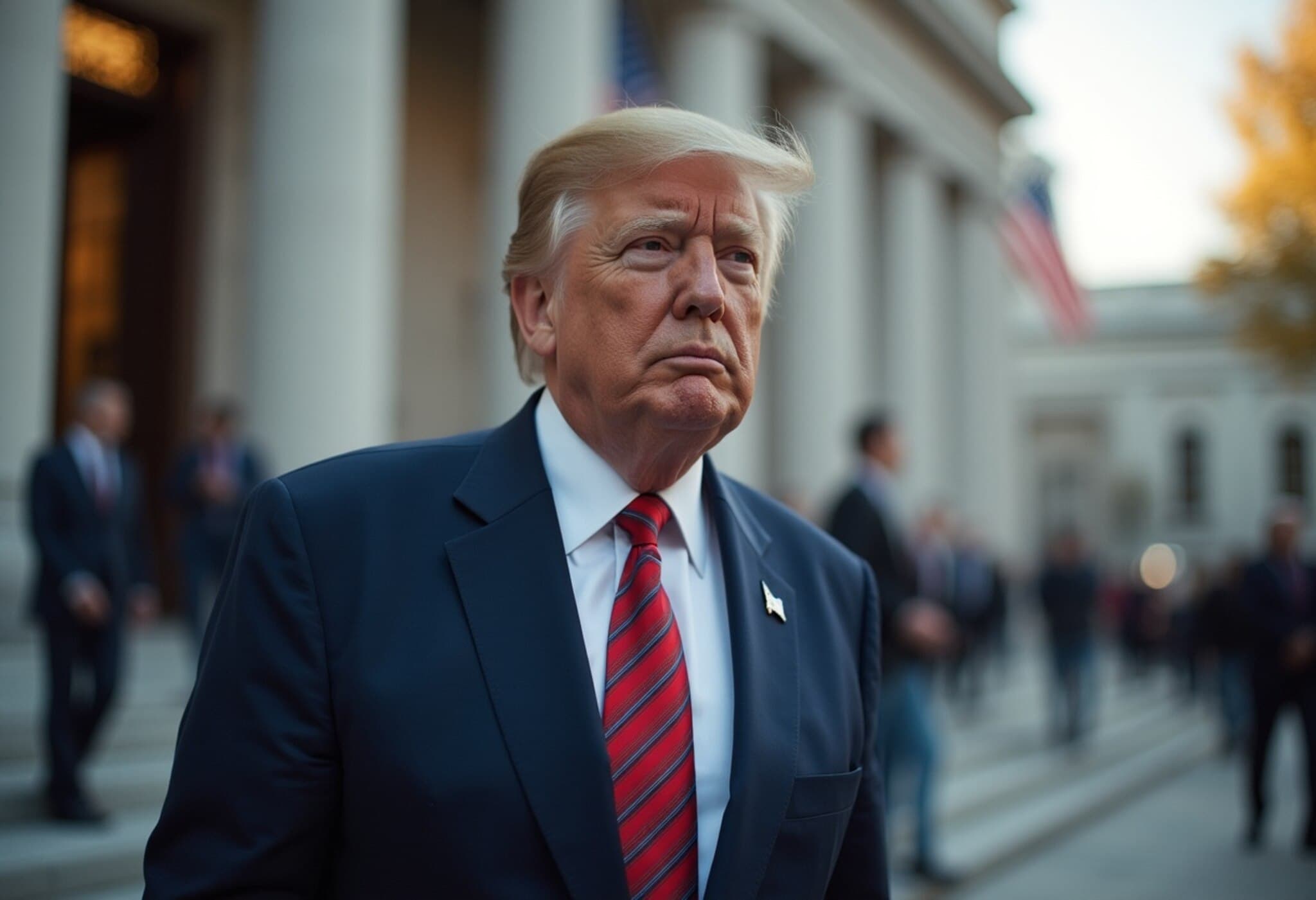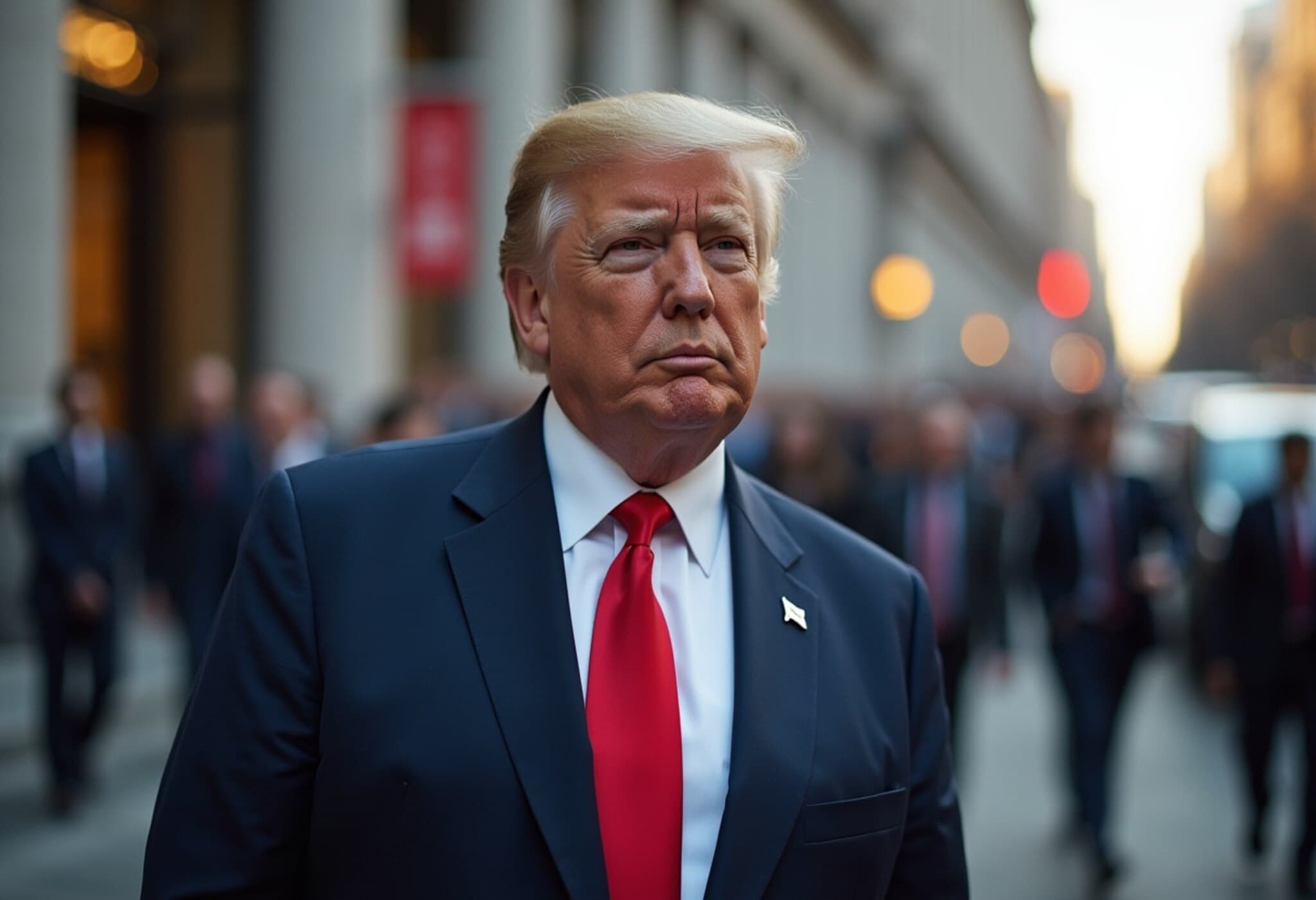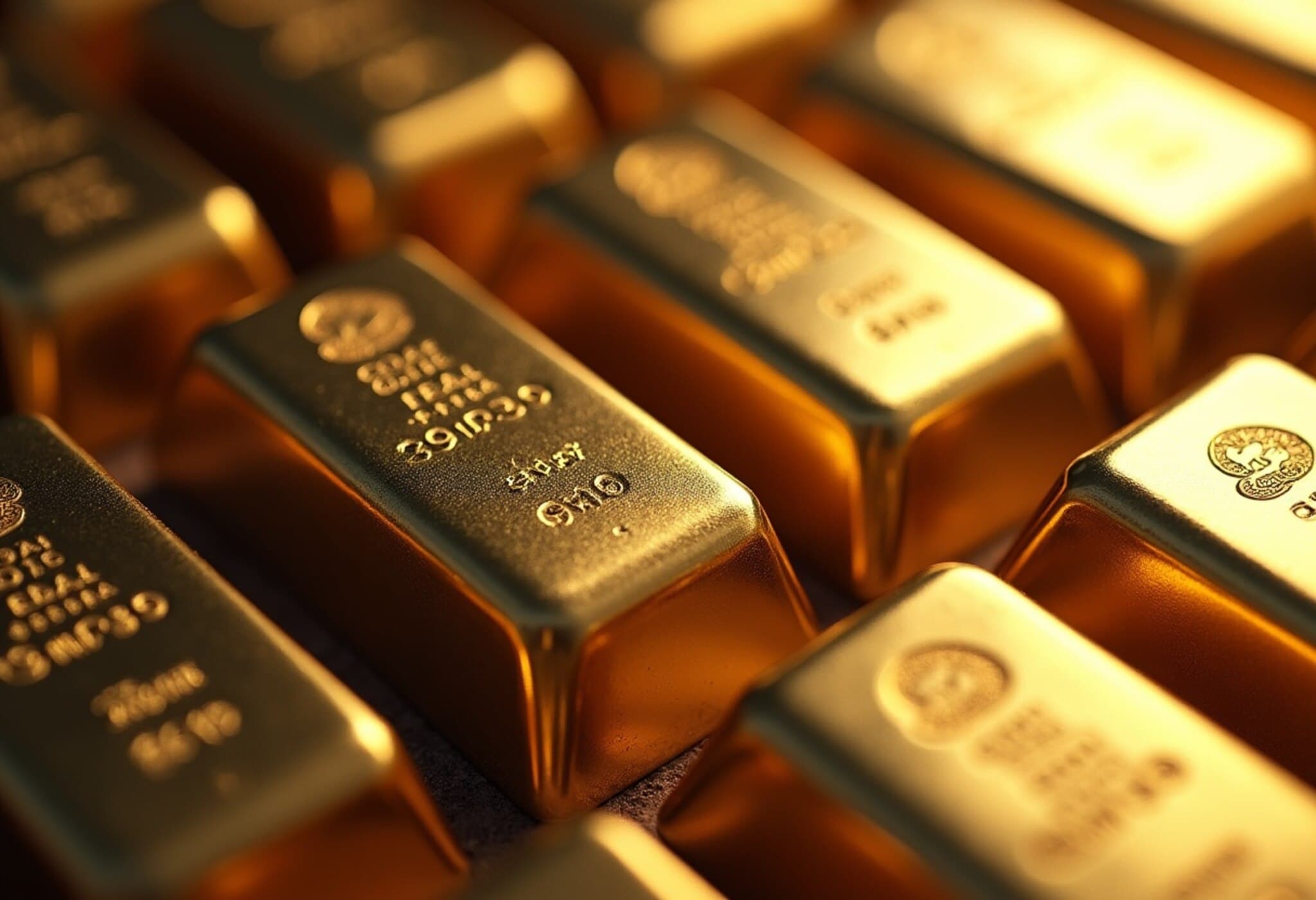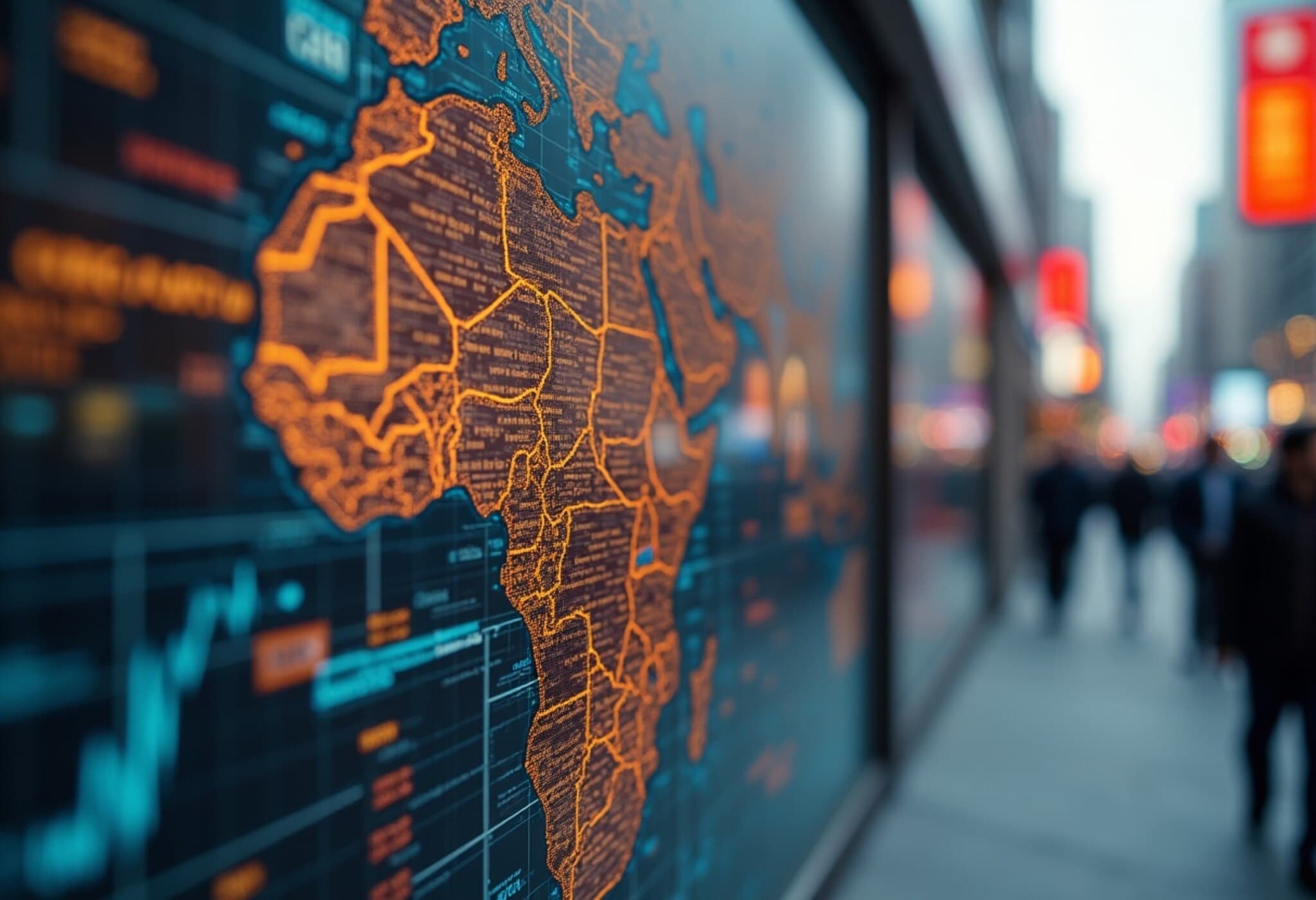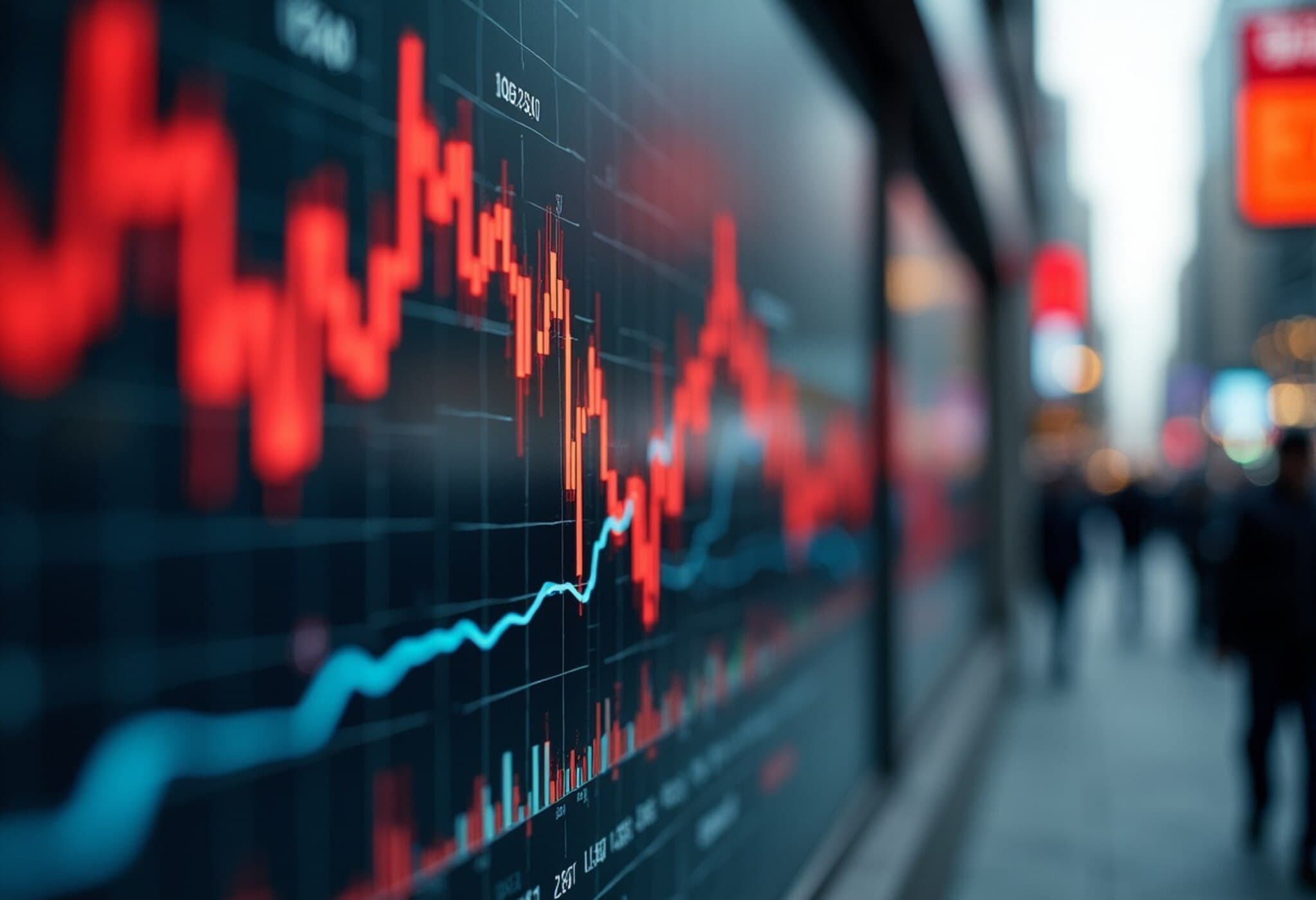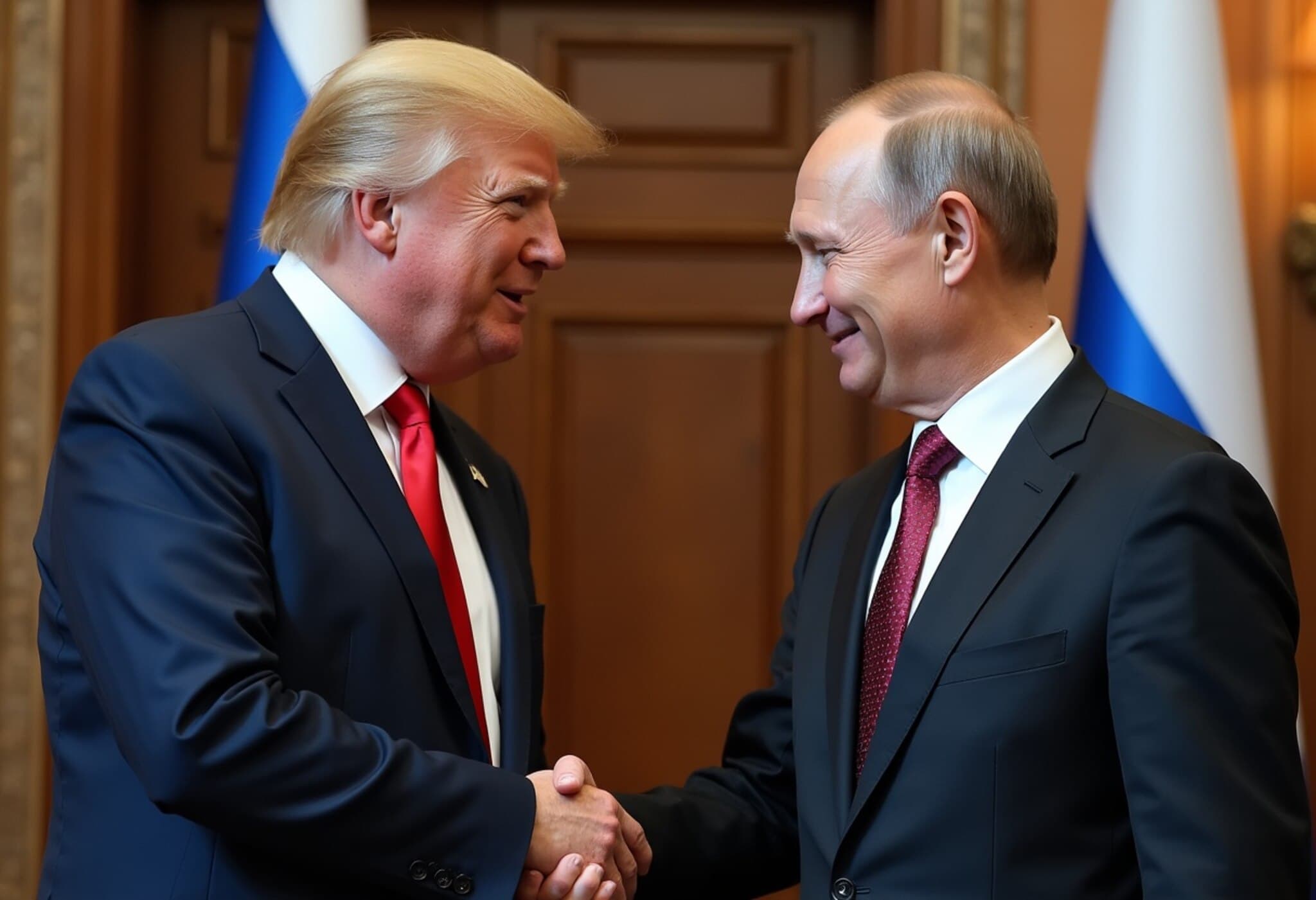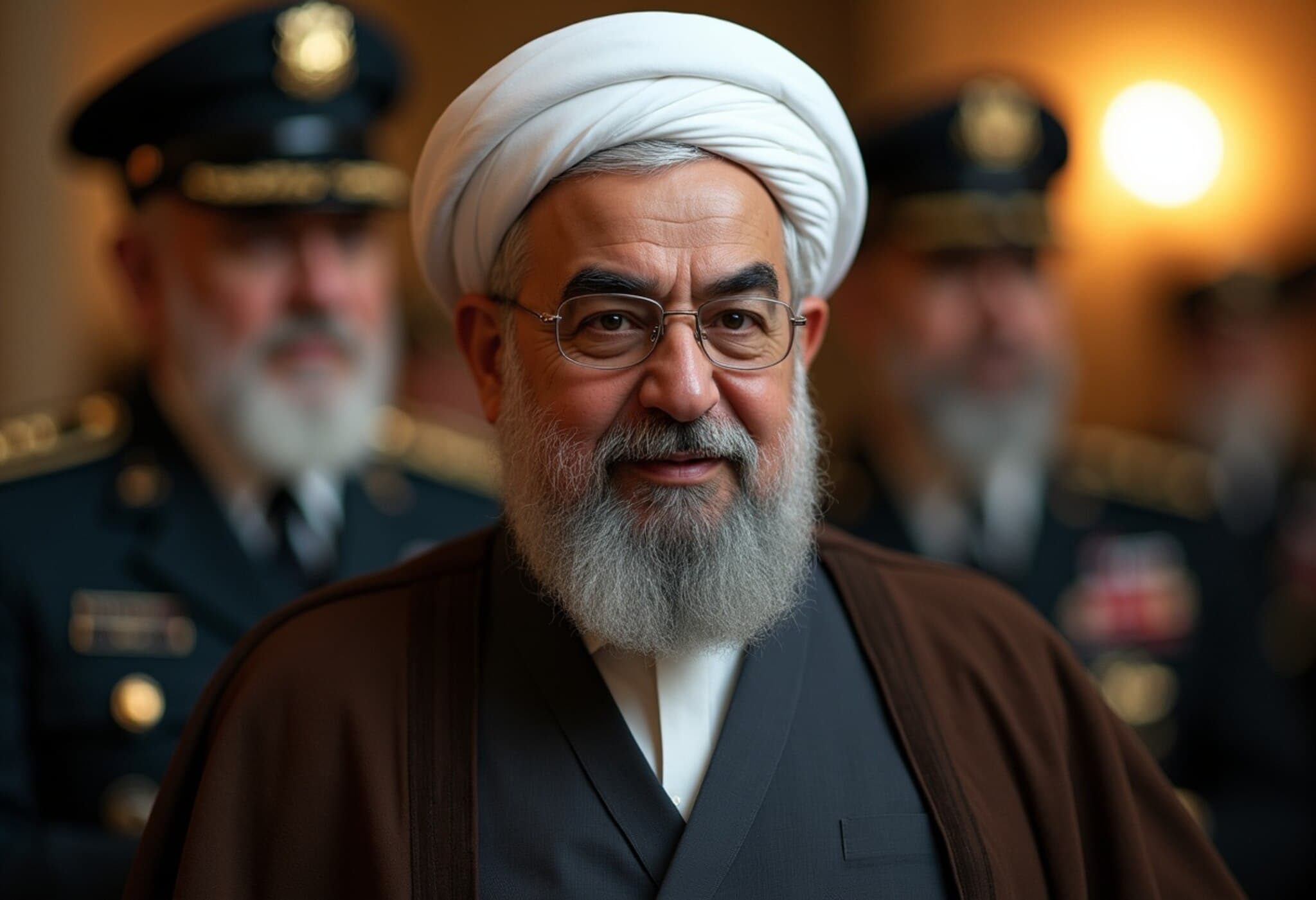Central Banks Worldwide Ramp Up Gold Holdings in Response to Economic Uncertainty
In the face of ongoing economic and geopolitical turmoil, central banks across the globe are increasingly turning to gold as a safeguard for their reserves. A recent survey highlights that nearly 95% of reserve managers expect their gold holdings to grow over the coming year, marking the highest level of optimism since the survey began in 2019.
Why Gold Remains the Go-To Safe Haven
Gold continues to shine as a trusted asset for policymakers aiming to protect their portfolios from market volatility and inflationary pressures. Its resilience during periods of instability has reinforced its status as a strategic reserve asset. The survey reveals that reserve managers cite value preservation (80%), portfolio diversification (81%), and consistent performance amid challenges (85%) as the key reasons for their preference.
Emerging Markets Lead the Charge
Emerging markets and developing economies (EMDEs) are at the forefront of this trend, with 48% planning to increase their gold reserves within the next 12 months. This is in stark contrast to only 21% of advanced economies signaling similar intentions. Inflation concerns (84%) and geopolitical risks (81%) are driving factors for EMDEs, while central banks in advanced economies show relatively less emphasis on these issues.
Shift Towards Local Gold Storage and Diversified Currency Reserves
The survey also uncovers a shift in storage preferences, with 59% of central banks now holding their gold domestically, up from 41% the previous year. Additionally, a majority (73%) expect a decline in US dollar holdings within global reserves over the next five years, indicating a diversification towards alternative currencies such as the euro and renminbi alongside gold.
Expert Insights: A Strategic Pivot Amid Uncertainty
Industry experts point out the significance of this trend. Despite reaching new price highs in 2025, central banks are not deterred from boosting gold reserves. Rising interest rates, inflation fears, and geopolitical instability all serve as compelling reasons to favor gold as a risk mitigation tool in uncertain times.
Key Takeaways
- 95% of reserve managers foresee increasing gold reserves in the next year.
- 48% of emerging market central banks plan to raise gold holdings.
- 59% of gold reserves are now stored domestically, reflecting growing confidence in local storage solutions.
- 73% of survey participants anticipate reductions in US dollar reserves in favor of alternative currencies and gold.
With the global financial landscape poised for continued challenges, gold stands firm as a cornerstone of central bank reserve strategy — a timeless asset retaining its allure across shifting economic tides.


